The Age of Authenticity is in full swing. The highest moral good has become reduced to a simple maxim: be yourself. At face-value, this is not a bad thing. Far from it. We want people to discover their God-given gifts (1 Corinthians 12). We want them to know that they are fearfully and wonderfully made (Psalm 139). We want to celebrate their uniqueness and encourage them to bring their whole, authentic selves to their work and relationships. As many have pointed out, the command to love your neighbor requires a degree of self-love (Leviticus 19:18).
Authenticity in the Immanent Frame
This kernel of truth is easily distorted. As Charles Taylor has described in his seminal work A Secular Age, authenticity has become the highest moral good. The cultural imagination is now largely confined to what he calls the immanent frame. That is, most people are unconcerned with transcendent realities (e.g. God, eternity, the Kingdom of Heaven breaking into the world). The focus on immanence distorts authenticity by decoupling it from transcendent realities. The consequences of this decoupling are apparent and alarming.
Confined to the immanent frame, all of us (but young people especially) are cast adrift with the personal quest of finding our authentic selves. The cultural pressures and opportunities are everywhere. We’ve all seen the myriad opportunities available for young people to find “their thing.” They can try sports, music, drama, various academic tracks, robotics, trade skills, and so much more. Parents think that if we don’t offer as many opportunities as possible, we might stifle our children’s pursuit of authentic selfhood. So, we add more things to the schedule, in hopes of finding “the thing” that might be their passion. This is where church and religion also fall in the immanent frame. It is no longer the grounding reality that informs all of life. It is one option among many that might provide some sort of meaning for some people. Try it and see, if you have time.
Finding the Optimal Self
I suspect that this is also why the multiverse is such a fascination today. The theory of the multiverse postulates that there are infinite possibilities for the world (and, specifically, my life), and each of these possibilities is a reality in some parallel universe. The corollary to this, of course, is that there must be an optimum reality. Many of the popular stories today involve the main characters finding ways to jump through the multiverse and explore different iterations of themselves in order to find something optimal (here’s my favorite!).
Even though I am confined to one universe, I want to live as many of the possibilities as I can in hopes of finding the optimum one. So, I might try out a job for a few months and then simply quit if it doesn’t feel right. I might do the same for a sport or relationship. I might try out different modes of appearance (hairstyle, clothing, piercings, etc.) or lifestyle. More destructively, I might try out substances, radical-leaning groups, or sexual experiences.
Be yourself. It’s a lot of pressure. After all, who am I? What if I don’t have myself figured out? What if I stray from the optimal path and waste my life in this universe? What if I get the wrong job, marry the wrong person, or go to the wrong school? This is how the ethic of being yourself gets distorted.
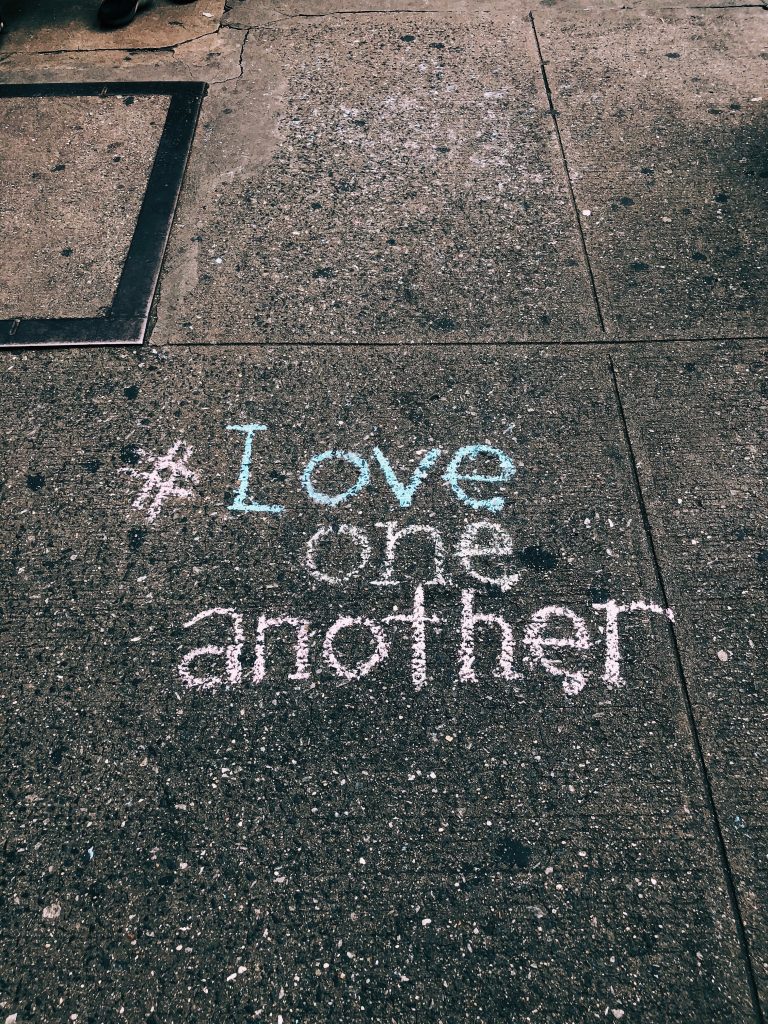
The Highest Moral Good
The reality is that I cannot discover myself by myself. That only happens in relationship to other unique selves. What makes the Age of Authenticity spiritually and morally bankrupt is not its focus on authenticity. It’s the focus on self-actualization and self-reliance. The highest moral good is not “be yourself.” The highest moral good is “love your neighbor” (Mark 12:28-31). Of course, we can point out that the full commandment is “Love your neighbor as yourself,” so self-love is an implied part of the commandment. I affirm this, as I affirm that the order matters. Love of the neighbor comes before love of the self. Jesus says this over and over again, and he ultimately models it by laying down his own life for the sake of the world.
We discover who we are in relation to the other. We cannot love ourselves and we cannot love God without loving our neighbor (1 John 4:20-21).
Teaching Love of the Other
In practice, this might mean a reorientation for some of us in our ministry spaces. I understand that some of the focus on authenticity and the encouragement to “be yourself” or “love yourself” is in response to false proclamation and outright exclusion. There are those who tell people that they are wrong, sinful, or unlovable. We know that God is radically inclusive and loving, especially to those at the margins of society. Those who emphasize holiness as a prerequisite to love are proclaiming a false gospel. In fact, this was the fallacy of the Pharisees that Jesus overtly rejected over and over again.
The correction to this error can easily be misunderstood. We sometimes want to correct it by teaching people how to love themselves. I suggest that the more faithful and fruitful response is to teach them how to love their neighbor. Surround them in a community of love that practices and teaches love of the other.
We find meaning and purpose not within ourselves but in relation to the other. This is how God created us. The sad reality is that I will never learn to fully love myself. We can teach people self-love all we want, but nothing can overcome self-doubt and self-loathing except the love of another. This is how we proclaim the steadfast presence and unconditional love of God.
How do you discover your authentic self? Love your neighbor.


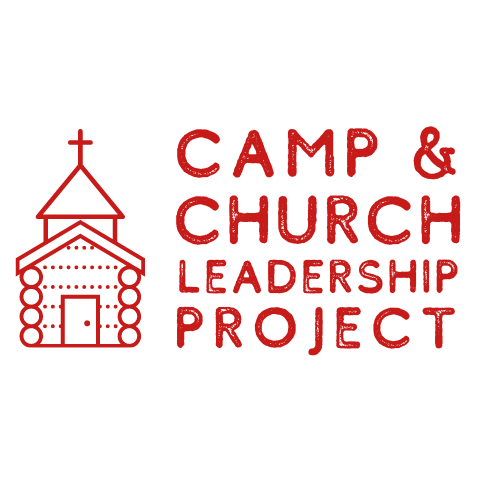
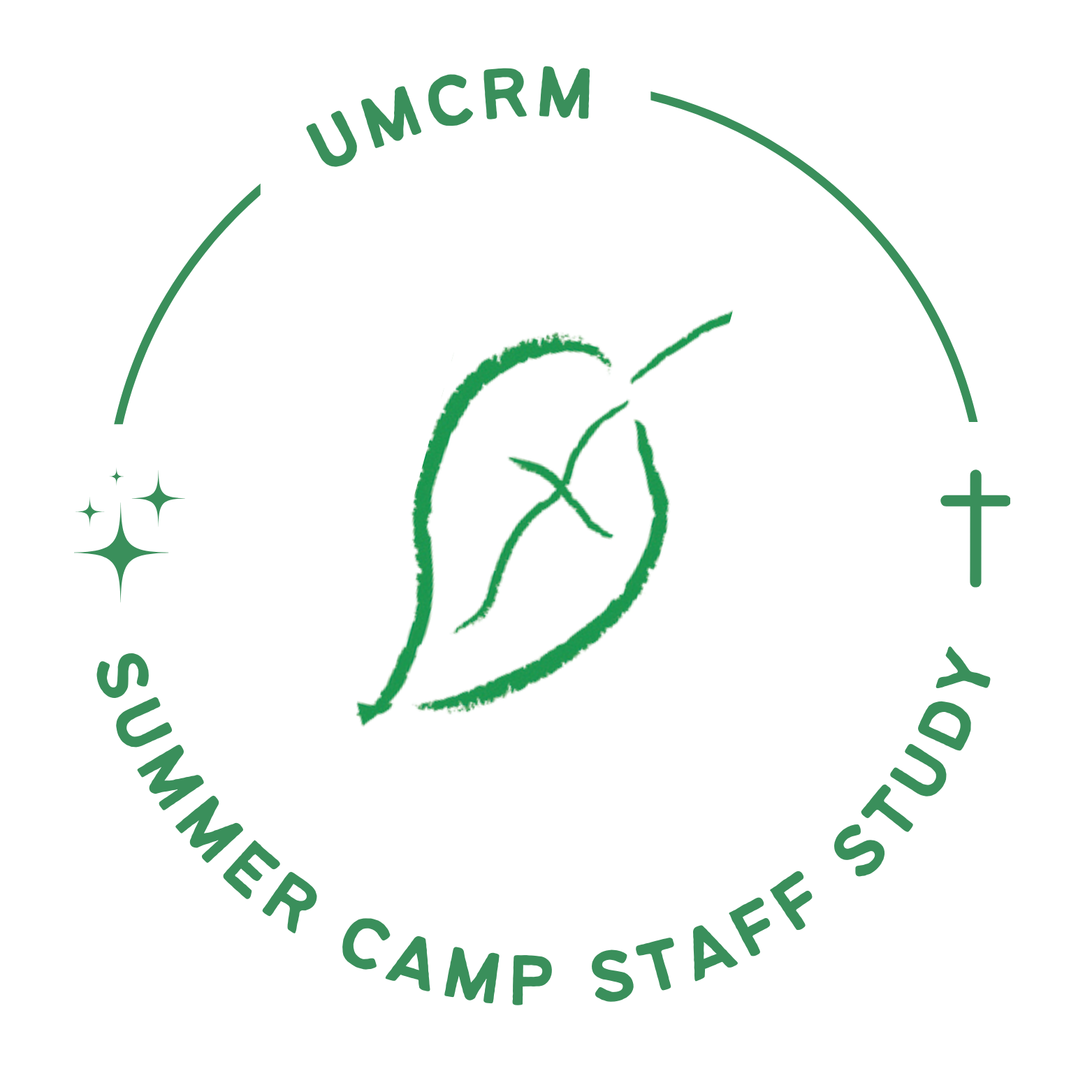

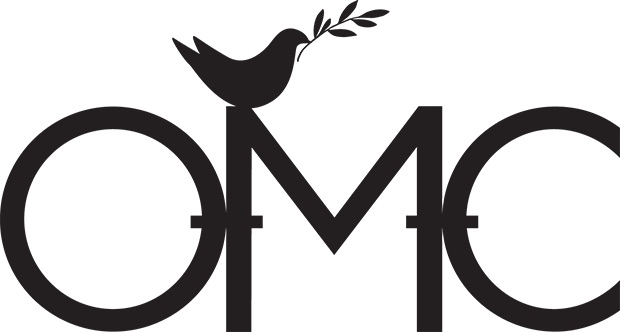
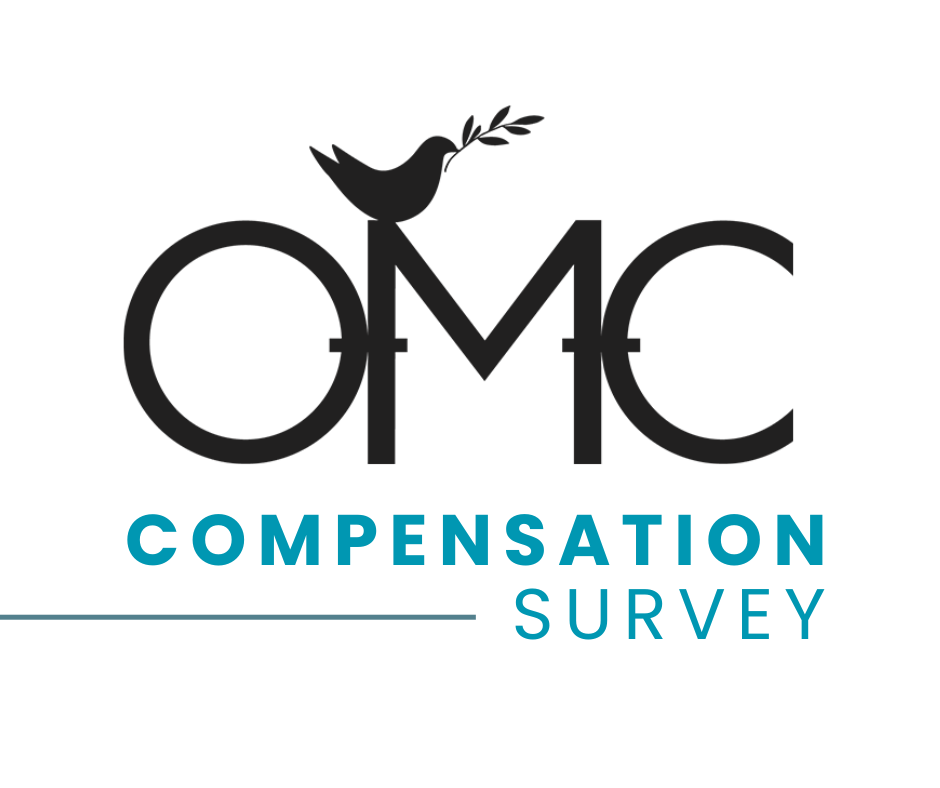


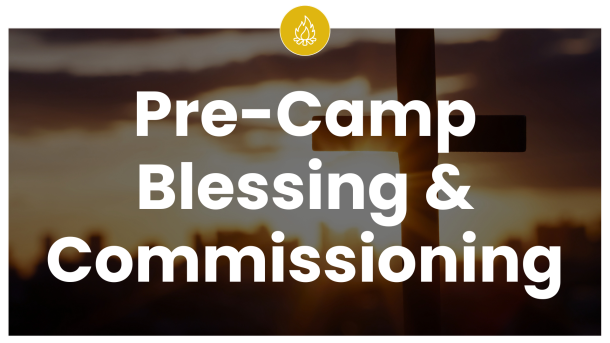
0 Comments